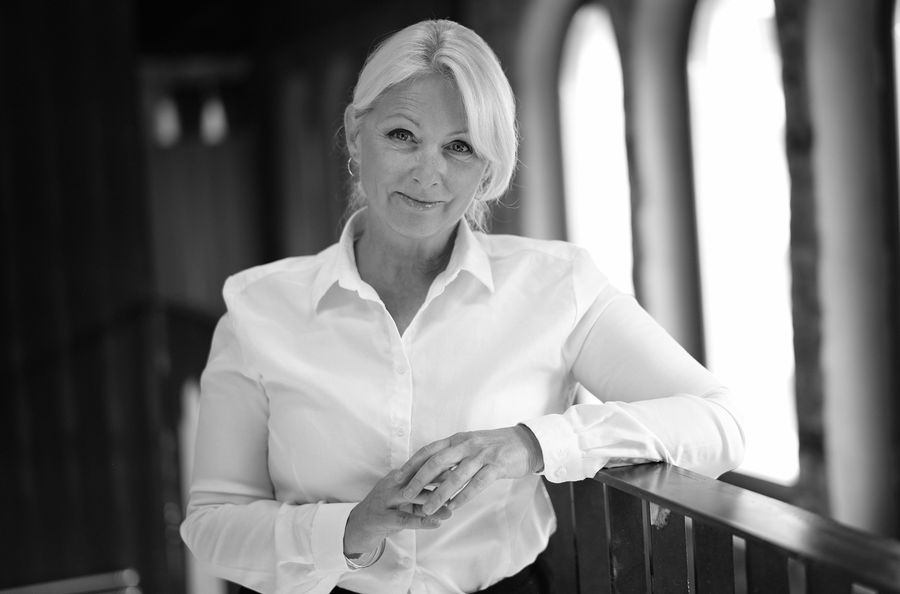
Siri Nodland appointed chair of EFA’s Certification Committee
April 5, 2022
European countries among highest scorers for philanthropic environment but hurdles remain
April 13, 2022The Maecenata Foundation – a think tank specialising in civil society, philanthropy and the civic space – has released a new report exploring trust in philanthropy at a global level.
Developed as part of the foundation’s Philanthropy.Insight project, the report highlights that trust is a key currency of the philanthropic eco-system, but questions whether foundations in recent times have been as concerned by reports of declining trust as their counterparts in government and in the corporate world.
With this in mind, researchers aimed to increase the understanding and awareness of the role of trust in philanthropic practice. During the two-year research programme, they identified five overarching principles for philanthropic trust – commitment, public purpose, relevance, performance and accountability – and developed a practical assessment tool to measure trust – the Philanthropy Insight Assessment Tool.
Supported by Carnegie Trust UK and the Calouste Gulbenkian Foundation, the Trust in Philanthropy report finds that trust influences personal and institutional relations in two ways: as an authentic, honest intention and a willingness to be vulnerable; and as reliance on competence and skills. It also indicates that philanthropic trust manifests in at least three different forms: trust within philanthropic organisations; trust between actors of the philanthropic eco-system; and trust vis-à-vis the public and the private sector as well as in response to increasing public scrutiny.

Rupert G. Strachwitz, Maecenata Foundation
“It’s simply not enough just to look at impact,” says project leader, Rupert G. Strachwitz – a political scientist and historian and CEO of the Maecenata Foundation. “To be trusted, philanthropic and indeed all civil society organisations should adopt a broader view.”
Among the lessons that emerged from the Philanthropy.Insight project, the researchers highlights that commitment from philanthropic decision-makers is vital for building trust. The recommendation was made that organisations should devote an equal amount of time to sharing information with an audience as it does collecting that information.
The reluctance of leaders to take a risk or to face potentially negative findings relating to the lack of trust within their institutions was also identified as a potential barrier for addressing and building trust.
The Maecenata Foundation is a think tank that focuses on civil society, philanthropy and the civic space. Its core unit is the Maecenata Institute, a research and policy centre, founded in 1997. Maecenata operates from Berlin, Germany, with a strong European and international outlook.




